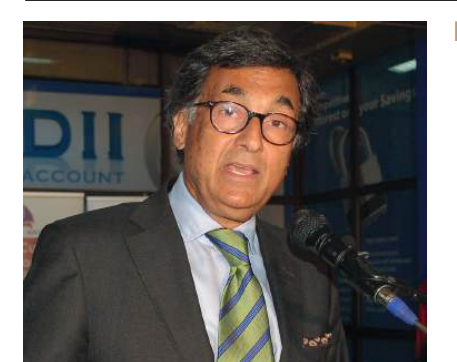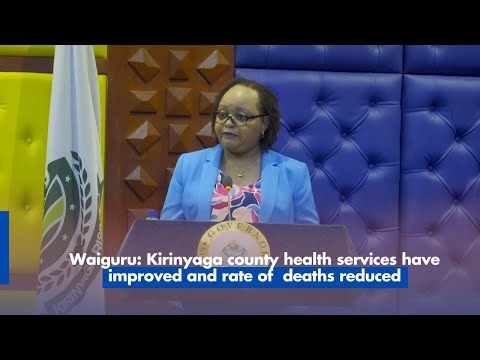
Capital Markets Authority has penalised the former chairperson and senior management of Chase Bank Kenya Limited (in liquidation) for their role in the 2015 issuance of a Sh10 billion Medium-Term Note and use of proceeds.
It has also fined financial advisory firm–Ernst & Young the reporting accountant for the Uchumi Supermarkets Limited (USL) Rights Issue in 201, Sh10 million.
This is in line with its investor protection and oversight mandate, CMA said yesterday.
Former Chase Bank chairperson Zafrullah Khan has been fined Sh5 million and disqualified from being director or key personnel of any issuer, licensed or approved person in the capital market for 10 years.
The CMA Board Ad Hoc Committee established that Khan, being a CBKL board chairperson, failed to exercise effective oversight over the management of the bank, leading to preparation and publication of false and misleading financial statements disclosed in the published Information Memorandum (IM).
CMA said Khan failed to cause disclosure of material information of his bonus payment in a supplementary IM, since the IM had already been published, and was conflicted in chairing and participating in the approval of his own bonus without declaring the conflict.
Former CBKL general manager of finance, Makarios Agumbi, has been fined Sh3.5 million and disqualified from being director or key personnel of any issuer, licensed or approved person in the capital markets for five years.
“The Ad Hoc Committee established that Mr. Agumbi, in his capacity as the general manager, finance of CBKL, facilitated the preparation of false and misleading 2014 financial statements as published in the IM. Further, he unprocedurally paid the bonus in lumpsum to Mr. Khan, contrary to the resolution by the board of directors,” CMA says in its statement.
Fomer general manager corporate assets, James Mwaura, has been fined Sh2.5 million and disqualified from being director or key personnel of any issuer, licensed or approved person in the capital markets for two years.
The Ad Hoc Committee, CMA says, established that Mwaura in his capacity facilitated the preparation of false and misleading 2014 financial statements, which contained misclassification and misrepresentation with respect to non-disclosure of related party loans and advances (Musharakah Investments).
Further, he unprocedurally facilitated the payment of the bonus in lumpsum to Khan contrary to the resolution by the board of directors.
Khan, Agumbi and Mwaura were also directed to attend corporate governance training to be eligible for consideration for appointment as board member or key personnel of any issuer, licensed or approved person in the capital markets in Kenya.
CMA approved CBKL’s application to issue a Sh10 billion medium-term bond in 2015. The first tranche raised Sh4.8 billion and was listed at the Nairobi Securities Exchange on June 22, 2015.
On April 7, 2016, Central Bank of Kenya appointed the Kenya Deposit Insurance Corporation (KDIC) as a receiver for Chase Bank for twelve months. This led to the suspension of trading of the Chase Bank Bond at NSE on April 8, 2016.
CMA conducted an inquiry to establish if there were any breaches of the capital markets regulatory framework, which may have led to the collapse of CBKL.
Following the inquiry, the authority flagged several issues including the preparation of false and misleading financial statements, failure to disclose material information and conflict of interest.
Meanwhile, EY’s case relates to the firm’s role as the reporting accountants during the Uchumi Rights Issue in 2014 and the subsequent use of the proceeds.
CMA has also directed EY to ensure all employees involved with the audit of financial statements of issuers, companies listed on the Nairobi Securities Exchange (NSE) and licensees of the authority undertake remedial training for the next three years.
It has also been recommended that the Institute of Certified Public Accountants of Kenya takes disciplinary action against EY, and two individuals–Michael Kimoni and Joseph Cheborbor, who were the EY engagement audit partners for the period 2010-2014.
This is due to their failure to ensure adequate and accurate disclosure of material facts in the 2014 annual report and financial statements of Uchumi in accordance with the applicable regulatory requirements.

















